Starting a Photography Blog: Following Your Passion or Chasing a Dream?
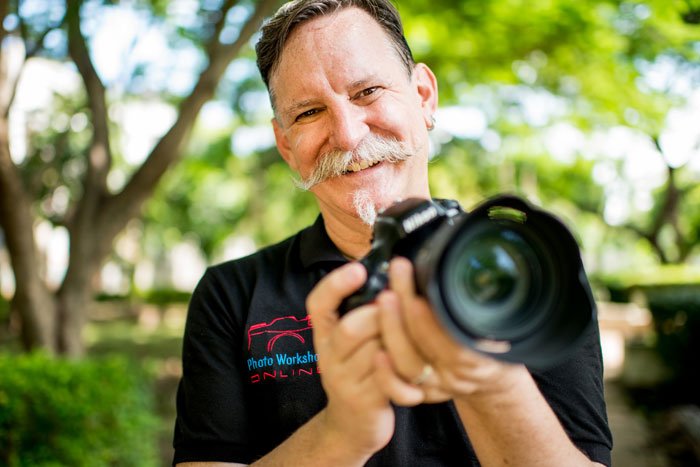
by
Kevin Landwer-Johan
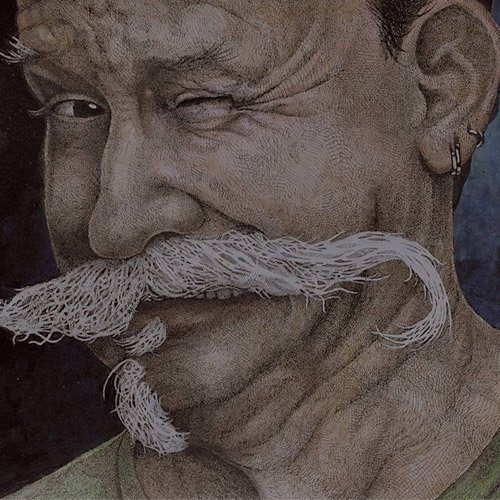
Are you passionate about photography and ready to share your work and ideas with the world? Starting a photography blog can be a great way to showcase your talent. It can connect with a community of like-minded creatives, and even turn your passion into a business.
Starting a photography blog requires dedication, above all. You don’t even need to be much of a photographer. If you love what you do, your passion will inspire your readers.
Write about photography often. You’ll soon see your photos begin to improve, and you’ll want to keep writing. These two forms of creative expression will grow in tandem and both will bear fruit.
For experienced photographers, writing a blog is a great way to encourage new photographers. It can also help grow your business and expand your vision.
I wish I’d started writing seriously sooner than I did. I want to write more often for my blog than I do. Because I know that it not only pushes me forward as a photographer but also helps others enjoy photography more.
Following your passion and writing about it has many benefits. Chasing your dream, whatever that may be, has benefits too. But if your dream is to make money from your photography blog, be ready for the long haul. If you dream of a profitable photography blog, I hope you’re a marathon runner, not a sprinter. It’ll take you some time before you cross the finish line.
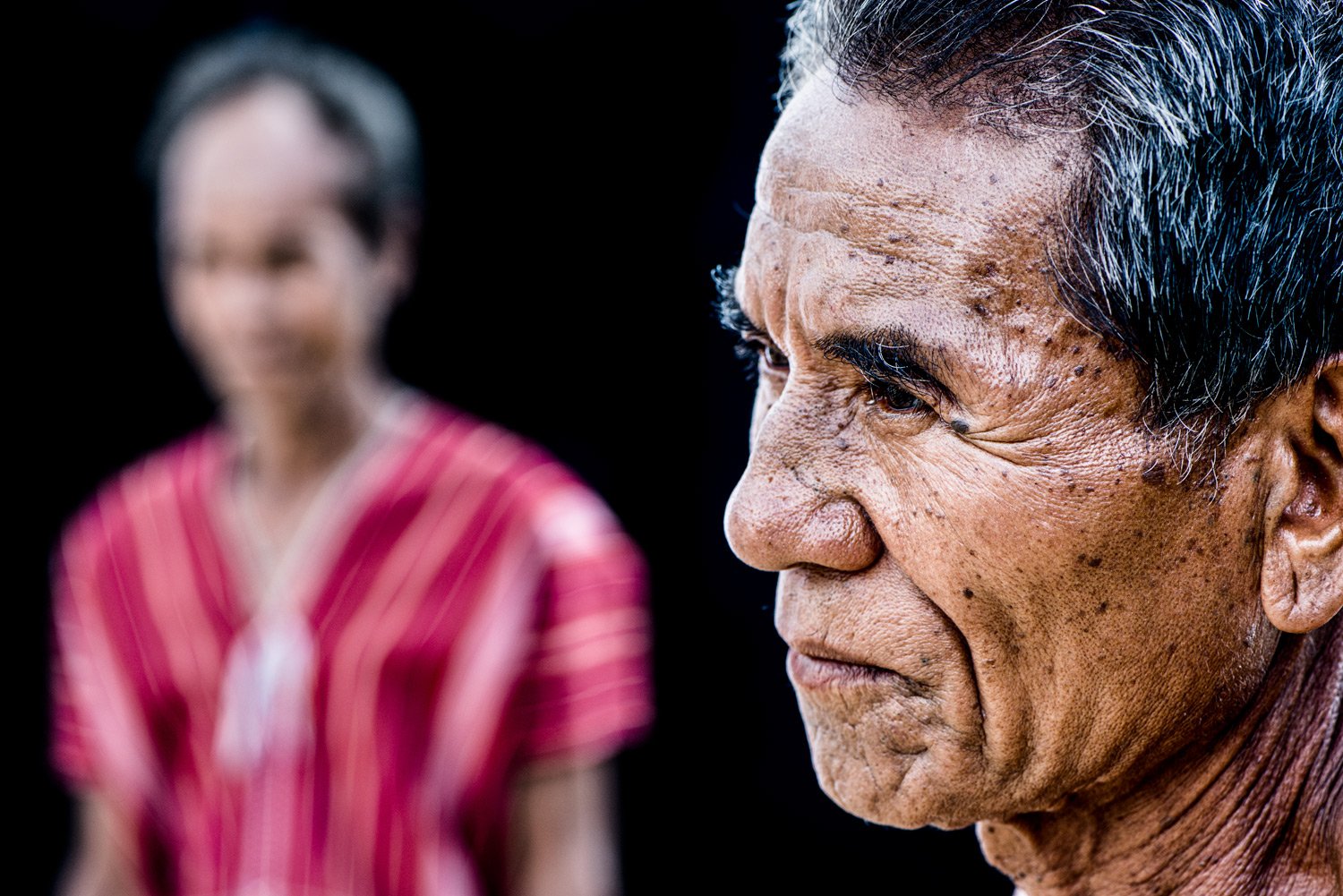
Starting a Photography Blog
Why are you interested in starting a photography blog? Your answer will act as a guide.
Some photographers like to blog about photos they take each week. To share their experience based on the images they make. Others are extremely specific and focus on a particular niche. Some of us like to teach and share about how to enjoy your photography more.
Two key aspects of starting a photography blog are:
- Find your niche. Write about what you are passionate about.
- Publish articles often.
I started writing about photography a long time ago. I know my biggest failing with this is that I am not consistent in how often I post articles on my website. Frequently I find I’m writing for other websites more often than my own. No matter how passionate I am about the subjects I choose, because I do not publish often my blog does not receive much traffic.
Once you publish your first article you must already have another topic lined up to write about. Or have written about it already. Posting articles consistently helps build an audience who will return to your website and read whenever you publish.
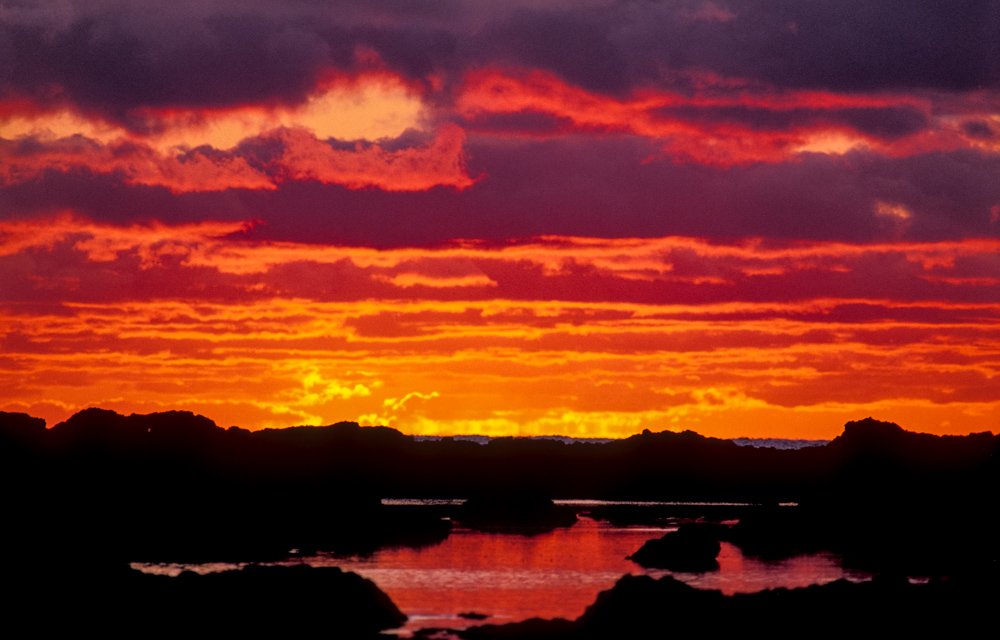
Digital Photography School Story
Darren Rowse started his photography blog, Digital Photography School (DPS) many years ago. Having relatively little experience as a photographer, (he shares some of his story in this fun motivating video.) So, it is possible to have great success as a blogger, even without much practical experience. But DPS is an old blog.
Darren took hold of the idea of starting a photography blog and ran with it. He wrote about things he enjoyed and did so regularly … until he started hiring others to write about photography for his blog.
DPS has many thousands of articles on just about every imaginable photography topic. Sure, some of the information is a little dated now, but many are evergreen articles containing valuable information that does not get old. This creates buoyancy in search results. As do back links, good on-page search engine optimization (SEO) practices, not to mention a slew of other considerations. The sheer volume of content on older photography websites makes competing with them challenging. At least as far as SEO is concerned.
You have to start somewhere and remain determined and disciplined.
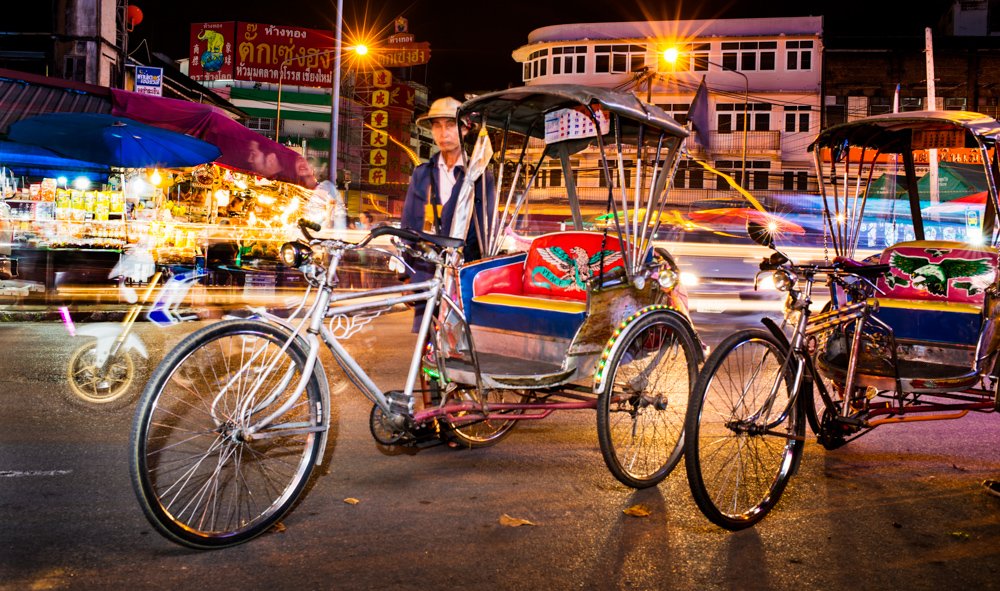
Google “Photography Blog”
When I Googled ‘photography blog’ just now the result is “About 2,180,000,000 results (0.64 seconds)”. That’s quite some competition. The top result is not even a blog about photography, it’s about cameras, despite its name.
Photography blogs tend to fit into two categories:
- Photography tips, tutorials, and information.
- Camera gear reviews and information.
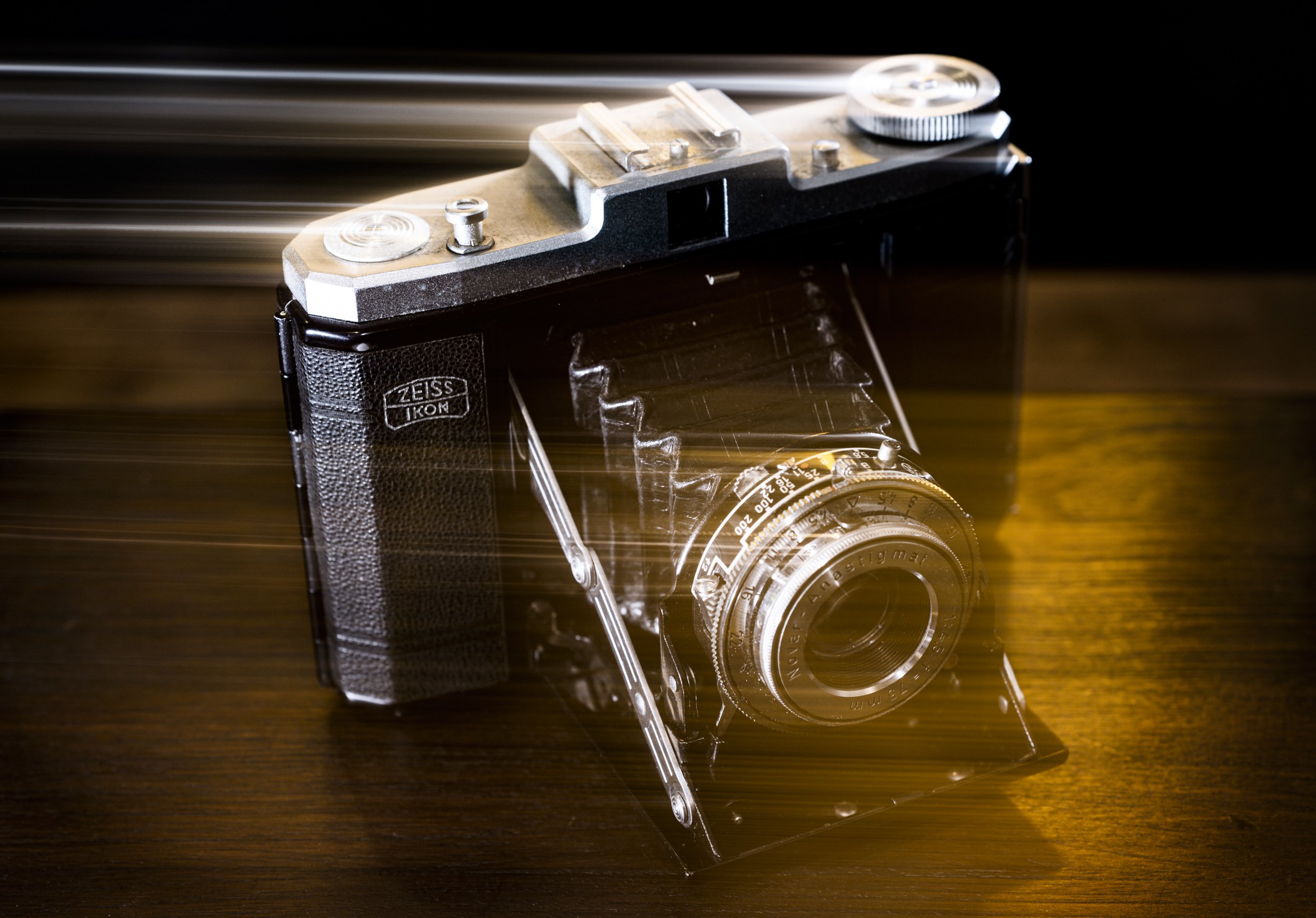
Information About Photography
For a photography blog to hold my attention for very long, it has to provide me with helpful information. This must be concise, relevant, well-written and have strong supporting images. A photography website focused on making money will not often provide this value.
There are an abundance of websites with tons of content about photography. Many are optimized for search engines. Writers provide content based on topics and keyword lists that are easy to rank for in search results. This content is primarily for search engines because the aim of the website is to make money, rather than provide quality information. To make money, a website must rank well in search results.
If this is your motivation to start a photography blog, be prepared for a long, hard journey. The competition is tough. Ranking well and receiving enough views to make money is more difficult in the photography industry than in many others. The reason for this is that some, like DPS, have done it well. So well, in Darren Rowse’s case, that he started another business teaching people how to make money from blogging. So, what happens naturally is that others see this success and seek to replicate it on their own blog.
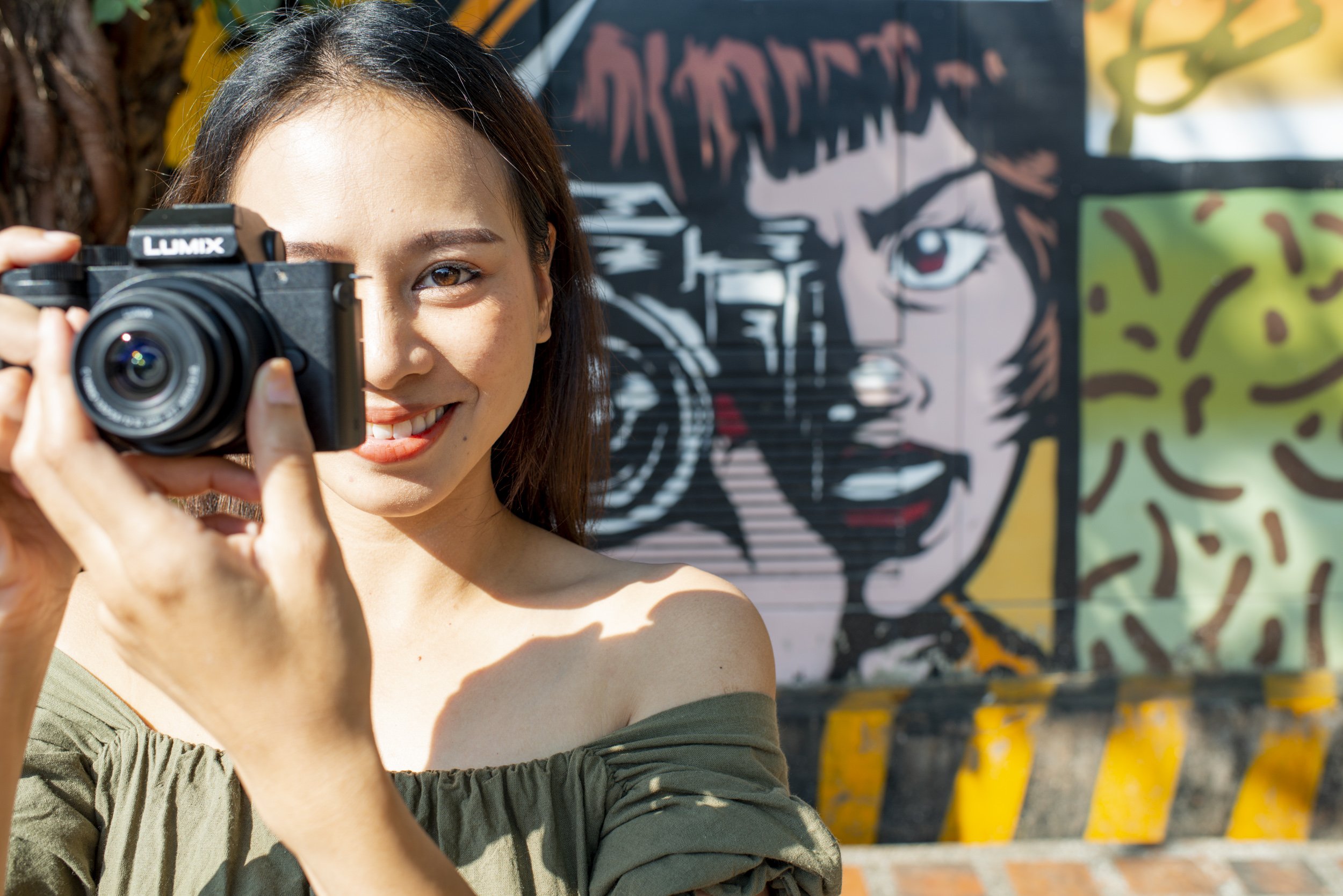
All About the Gear
I get it. So many photographers love to talk about their new camera gear. Why wouldn’t photography blogs publish this info? Talk of the latest cameras and how the newest technology will produce better photos is popular.
Gear reviews occupy way too much space on blogs compared to how useful the information is for improving your photography. Reading about camera equipment when you’re looking to buy a camera is important. But once you have some gear, you are best to get beyond this stage where you are focused on the equipment.
Spend time learning about photography, rather than reading about camera equipment. This will provide you with the education you need to become a better photographer.
No matter how new, expensive, or fancy your camera is, it will not take awesome photos on its own. Concentrating on new camera technology has a tendency to inhibit creative photography, rather than help produce it. When you are content and confident with the camera you have there is little need to read reviews.
Camera-related writing is popular among bloggers. Writing this type of content provides more opportunities to sell photography-related products. Established photography blogs contain content about cameras and accessories linked to sales websites. Sales commission comes in whenever a reader clicks a link in an article that results in a purchase. This is a main way people earn money from writing blogs.
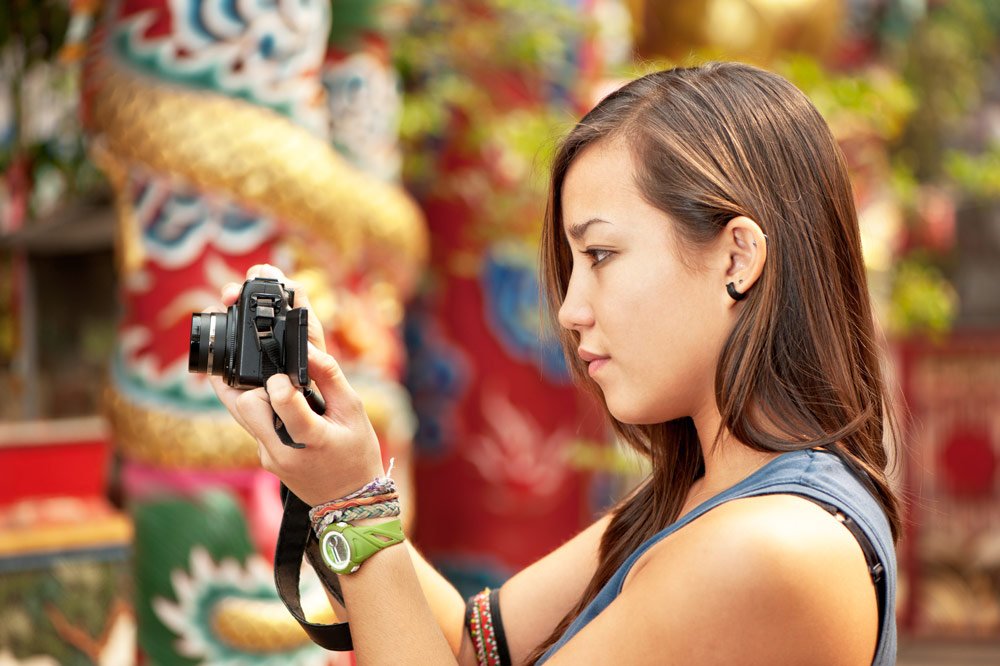
The Challenge of Standing Out In A Crowded Market
What will you focus on? Making money or sharing your passion? You can, of course, do both. But in photography blogging, making money by only writing about what you’re passionate about can take a very long time.
Monetizing Your Photography Blog
If your aim is to monetize your blog, you’ll need a strong SEO strategy that includes:
- researching competition,
- building back links,
- picking the right topics,
- mastering key wording.
You’ll also need to include plenty of affiliate links and be running ads in amongst your content.
There are tools online to help you discover topics less challenging to rank well for in search results. Because there’s so much that’s already written about photography, all the essential topics are well covered. They are tough to rank for because of this.
Search engine algorithms tend to favor well established websites. These sites have a strong foundation and receive tons of visitors. Competing with them is demanding. Even if you write more interesting, up to date articles on popular topics, it’s unlikely they will rank well because your new blog lacks credence.
Monetized sites can be more difficult to read. Sites stuffed with advertisements and affiliate links that do nothing to help keep a reader’s attention. They are only there to maybe help earn a few dollars for the site owner. Ads and affiliate marketing links are distracting and provide little financial benefit. They are best used sparingly so the reader has a better learning experience. I much prefer reading articles that doesn’t have ads running through them.
Key wording tools are often employed by monetized blogs. Writers are required to include a predetermined number of keywords. These are deemed to help the article rank well in searches. But do not provide the reader with an enhanced experience. These articles will not flow well because they are stuffed with an inordinate number of keywords. Eventually search engines will recognize this type of content and most likely penalize sites that publish it.

Expressing Your Passion for Photography
Producing content based on what you’re passionate about requires a different approach. If earning an income from your blog is not a priority, then you have a lot more freedom to provide your audience with rich content. In the short term you won’t get so many people reading your blog posts, but, the ones that do are more likely to be satisfied. These readers will return and read more of your content in the future.
By concentrating on producing content you are confident to write, you’ll hold the readers’ attention. This is because what you write provides more than bland information about a topic. Personalizing your content makes it more relatable. People love a good story, so as you write, aim to incorporate your own experiences.
In contrast, if you’re only writing to gain better rankings in Google search, you’ll find the topics that are easy to rank for. These are often about fringe topics that you don’t have any experience with. Writing about topics you know little or nothing about wears thin pretty quickly. Readers are less inclined to read more when an author does not share personal insight on a topic. Poorly written articles don’t keep readers wanting to read more.
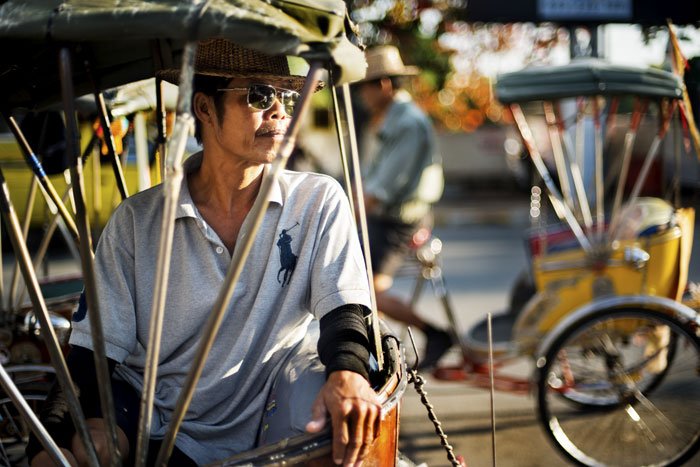
Competing with Artificial Intelligence and Those Who Rely On It
It is possible to learn about anything when you have an internet connection. Now, with the popularity of AI, bloggers who cannot offer personal experience in their articles will be left behind. The AI bots will, in time, produce more accurate and concise articles based on what they’ve scraped from the internet. This type of content can be somewhat practical, but lacks character and story.
Include personal experiences and stories when you write. This will help you stand out from the crowd.
Pick your niche. When you’re starting out you may be unsure what this is. Spend some time writing a list of photography topics you’re most interested in. Then pick three or four you feel most passionate about and start writing.
As you write and publish articles on these topics, review your work and your feeling from time to time. If you’re not happy with one or more of your topics, go back to your list and choose some others. Eventually, you’ll find your groove and become an expert in these areas.
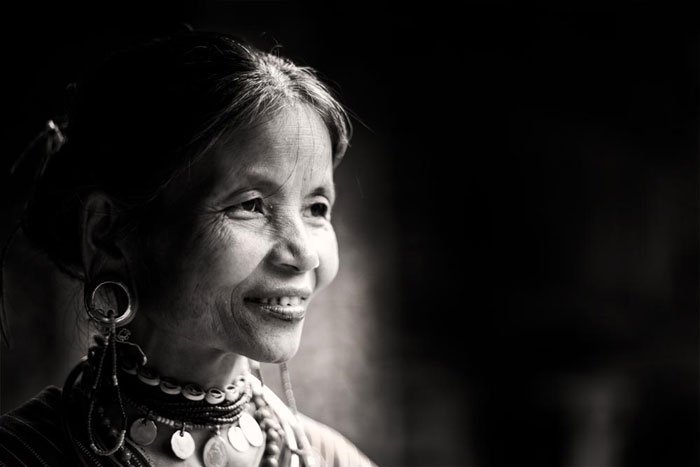
Stock Photos or Your Photos
Don’t only write articles on topics you love, but also produce your own photographs to illustrate them. The more you practice, the better photos you’ll take. These will provide your audience with a fuller experience. Good, unique photos accompanying a story help to hold a reader’s attention until the end of the article.
Free stock photos are overused in so many photography blogs. I’m sure you’ll recognize this photo if you spend any time reading about photography online.
Photo by <a href=”https://unsplash.com/ja/@chrisjoelcampbell?utm_source=unsplash&utm_medium=referral&utm_content=creditCopyText”>Christopher Campbell</a> on <a href=”https://unsplash.com/s/photos/portrait?utm_source=unsplash&utm_medium=referral&utm_content=creditCopyText”>Unsplash</a>
This is a nice portrait of a young lady. It appears on so many blog posts because it is free and often appears in the top search results on websites like Unsplash. It’ll help dress up a blog post, but it’s not going to help your SEO ranking. As search engines become smarter, they’re ranking overused content, like this photo, lower in search results.
Stock photos are great to make use of when you don’t have an image in your own that clarifies a point you’re making. But choose them carefully. The more you concentrate on a handful of topics, the more images you need to make about them. Using your own photographs to support and illustrate your words adds depth and personality to your blog.

Writing About Photography
Writing about photography helps you develop your skills and passion. The more you put into words the things you do and feel when you have a camera in your hands, the better photographer you become.
Are writing a personal journal or publishing a photography blog? Either way, writing helps you advance in many different areas of photography. When you write articles to publish, focus on creating interesting, helpful content for your readers. This will help you refine or find your style. As you communicate frequently about doing what you love, your creative expression will develop.
Further Reading
If you’ve enjoyed reading this article you will also enjoy “What Makes A Good Photograph?”
and
